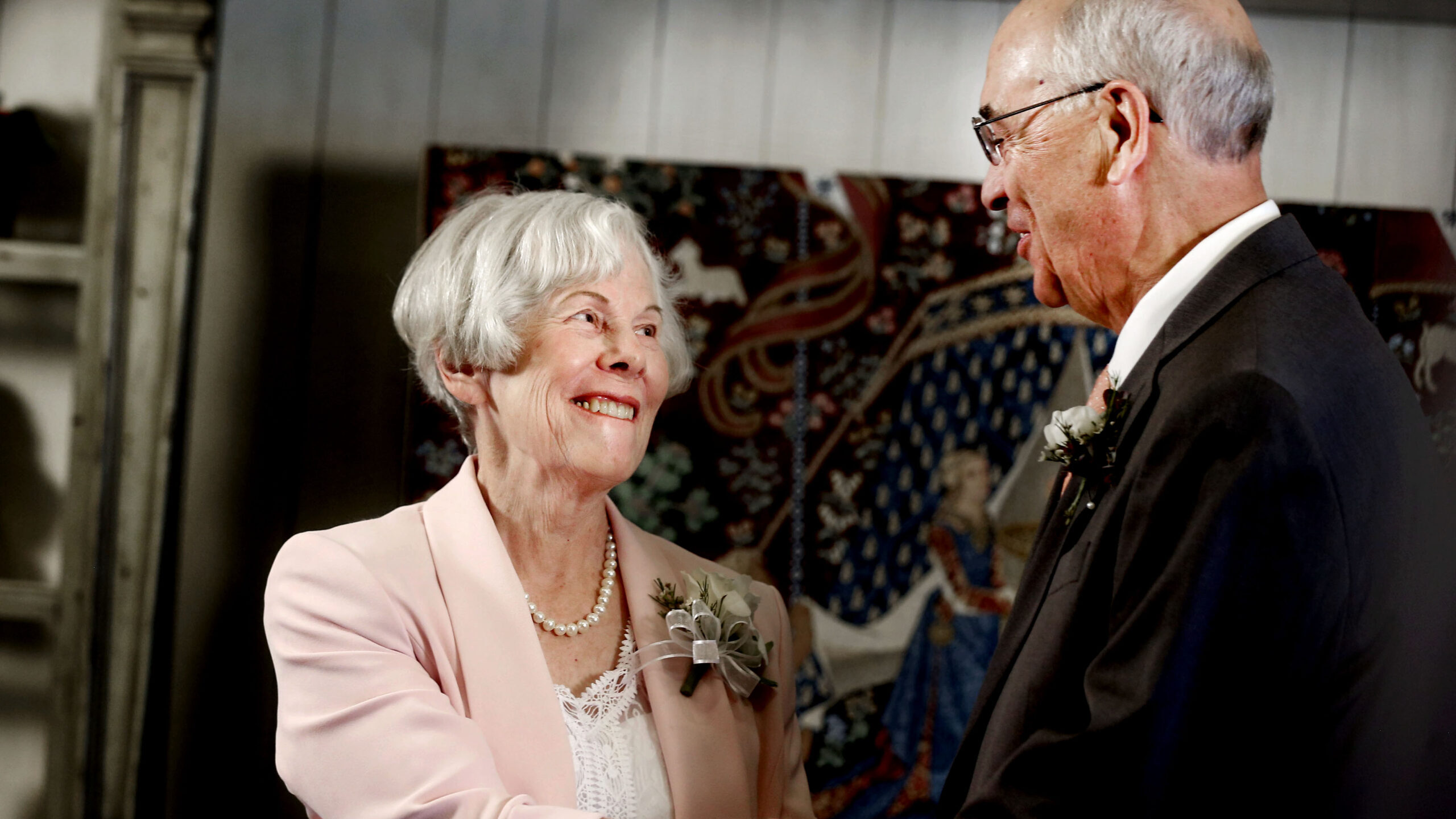Has your spouse lied to you? Here’s how to tell
Apr 1, 2023, 12:30 PM

After a spouse lied, or a significant other does generally, how do you come back from that? (Laura Seitz/Deseret News)
(Laura Seitz/Deseret News)
SALT LAKE CITY — A lie from a spouse, a boyfriend or a girlfriend can feel like a punch in the gut. How does someone move forward after a spouse lied to them? A Utah psychologist joins the show, lending his knowledge and experience on the topic.
“I remember you told me that one time you had somebody close to you lies to you. And I could see it was over,” Dave Noriega said. “Like there was no coming back from that. It was a lesson for me. I’m like, I don’t care how bad the truth is, Debbie, you’re getting the truth from me. No matter what. But it is, it’s a breach of trust. But it happens.”
“Why is it so difficult for someone like me and others to forgive and forget when their significant other lies to them?” Debbie Dujanovic asked.
‘I just feel so alone now’
BYU psychologist Dr. Tom Golightly joins Dave & Dujanovic to discuss the psychology of lying to a significant other.
“We do have that breach of trust, right?” Golightly said. “Vulnerability is vulnerability because it’s risky. That means we’re giving a part of ourselves that someone can really, really hurt. And when they do hurt, the emotion that I hear most often is lonely. I just feel so alone now.”
“I have felt in the past like, I don’t — do I even know this person?” Dujanovic asked.
Golightly said the person who is lied to may feel foolish and ask: “What did I do? How did I contribute to not knowing — even though intellectually we might understand it’s not our fault, we feel like, Oh, no, we had a hand in that. And that’s the real battle, trying to get over that trust.”
What’s behind the infidelity and when a spouse lied
“One of the worst lies that I can think of is infidelity, where you make commitments and then all of a sudden someone cheats on you,” Noriega asked. “How do you come back from that?”
“It’s actually pretty common, unfortunately. But what is also common — that I don’t think we talk a lot about — is that a lot of marriages come back from it,” Golightly said.
But he added it takes work and advises working with a therapist who has experience engaging with couples.
“But the keyword to use there is ‘process’,” said Golightly. “It’s not an event. It’s not ‘Oh, now I trust you. I feel fine.’ It takes work and there are a lot of difficulties that need to be overcome.
“But going back to that, ‘I’m lonely, like, I’m alone in this struggle,’ and who would you normally go to for that support?” said Golightly. “Well, that person, your go-to, you don’t trust now. You’re just kind of trying to go through it on your own. It can be a bear to really work through in those moments.”
Be careful if a spouse lied about using the label ‘liar’
“Calling somebody a liar, that’s a triggering word, right? If you call somebody a ‘liar,’ is there a way to phrase it or to challenge someone if you think that you’re not being entirely truthful?” Noriega asked.
“As a therapist, I’m not goig
ng to say, ‘I think you’re a liar,'” Golightly said. “With a child, with a spouse, it can also just be, ‘I don’t believe this part right here.’ And it’s OK to be direct. ‘I trust you. I love you. I care about you. And I want to hear what’s really going on.’
“So I’m not going to put the label on them,” he said. “And that’s not really helpful for any argument or for any disagreement that we’re having in a relationship. But be honest about what’s happening and what’s on the table right at that moment. Deal with it, manage it as it goes along without being accusational.”
Dave & Dujanovic can be heard weekdays from 9 a.m. to noon. on KSL NewsRadio.













